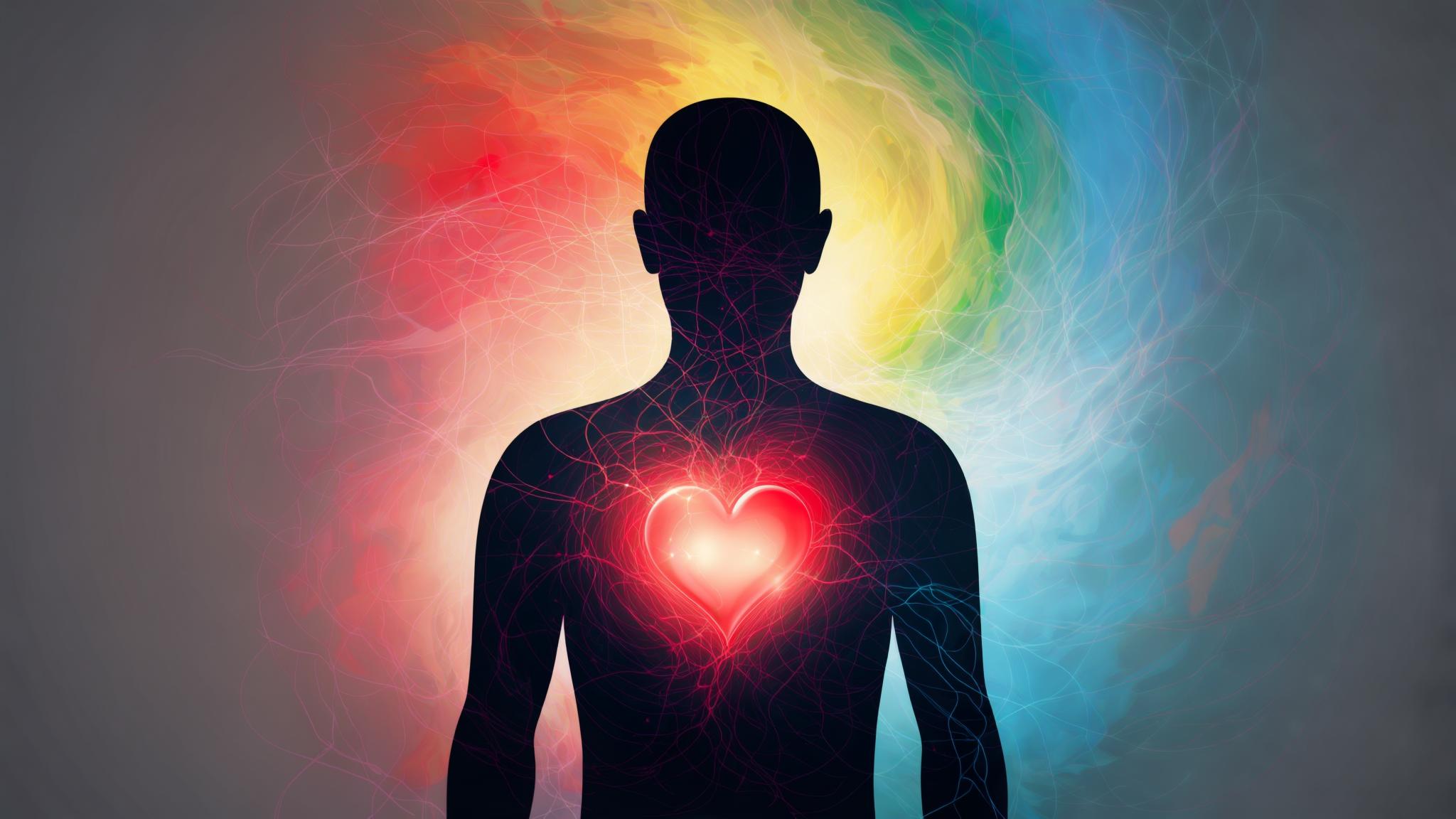Understanding the Complexity of Emotions: Why Feeling is Essential
Emotions are an integral part of our existence, serving as an interface between our internal state and external world. While society often teaches us to suppress feelings, numerous psychological studies and observations indicate that the act of feeling—particularly crying—serves crucial purposes in our mental and physical health.
The Physiological Impact of Emotions
When individuals suppress their emotions, they do not simply disappear. Instead, they manifest themselves in other ways: through anger, increased heart rate, gastrointestinal disturbances, and can lead to serious health concerns such as high blood pressure or diabetes earlier than expected. This physiological response underscores the importance of recognizing and processing emotions rather than bottling them up.
For instance, research indicates that emotional stress can lead to cardiovascular diseases and autoimmune disorders, showing a direct connection between mental distress and physical ailments. This highlights a critical point: the body cannot differentiate between emotional pain and physical pain—both trigger similar responses and can cause similar damage to our health over time.
The Need for Emotional Expression
Crying, often stigmatized as a sign of weakness, is, in fact, a natural human response that can relieve pain and stress. Crying can have therapeutic effects, offering a means by which individuals can process grief, loss, and disappointment. Individuals who express their emotions are often more resilient and healthier than those who do not.
The act of releasing pent-up emotions through crying or talking about one’s feelings can activate a healing response within the body. Hormones associated with stress are decreased, heart rates stabilize, and a sense of overall calm follows after one has allowed themselves to cry or express their feelings without shame.
Understanding Toxic Relationships
One area where emotional management becomes extremely poignant is within relationships, particularly toxic ones. Many individuals remain in unhealthy relationships due to a misunderstanding of what constitutes toxicity or an inability to recognize signs of emotional distress. Signs of a toxic relationship might include feelings of dread, constant stress, or declining mental and physical health.
To assess the toxicity of a relationship, individuals should ask themselves how they feel before and after interactions—does the relationship bring joy, peace, and growth, or do they feel drained and unhappy? Additionally, examining the effect of a relationship on one's social and professional life can provide insight into its health.
The Power of Community and Connection
Particularly in today’s world, where loneliness is on the rise, cultivating connections with others is more critical than ever. Many individuals report not having anyone they feel they can turn to for support, emphasizing a dramatic change from previous generations. Today, many report having nobody to confide in during crises. This isolation leads to a greater risk of mental health issues, including depression and anxiety.
Fostering a support network can be a protective factor against these challenges. Social wellness, including friendships and meaningful connections, can significantly improve one’s mental health, providing emotional relief and the opportunity to express feelings in a safe environment.
Seeking Help: When and Why
Navigating mental health situations often requires bravery, especially when considering professional help. Those experiencing chronic emotional pain or suffering from anxiety, depression, or the aftermath of trauma should feel empowered to seek assistance. Sometimes the guidance of a psychologist or psychiatrist is necessary to unpack complex feelings, especially when self-blame or deep-seated guilt is involved.
It’s important to demystify the stigma surrounding therapy; seeking help is an act of strength and a crucial step toward healing.
Conclusion: Embracing Our Emotions
Understanding that emotions are a natural part of human experience enables us to better navigate through life's challenges. By allowing ourselves to feel deeply, we enhance our resilience and can maintain our physical health. Learning to express emotions, recognizing unhealthy relationships, and seeking help when needed are cornerstones for personal well-being.
Ultimately, acknowledging that emotional pain is just as real and impactful as physical pain is vital. It’s time to normalize emotional expression and encourage a culture where feelings are validated and managed healthily, reminding everyone that it is okay to feel.




